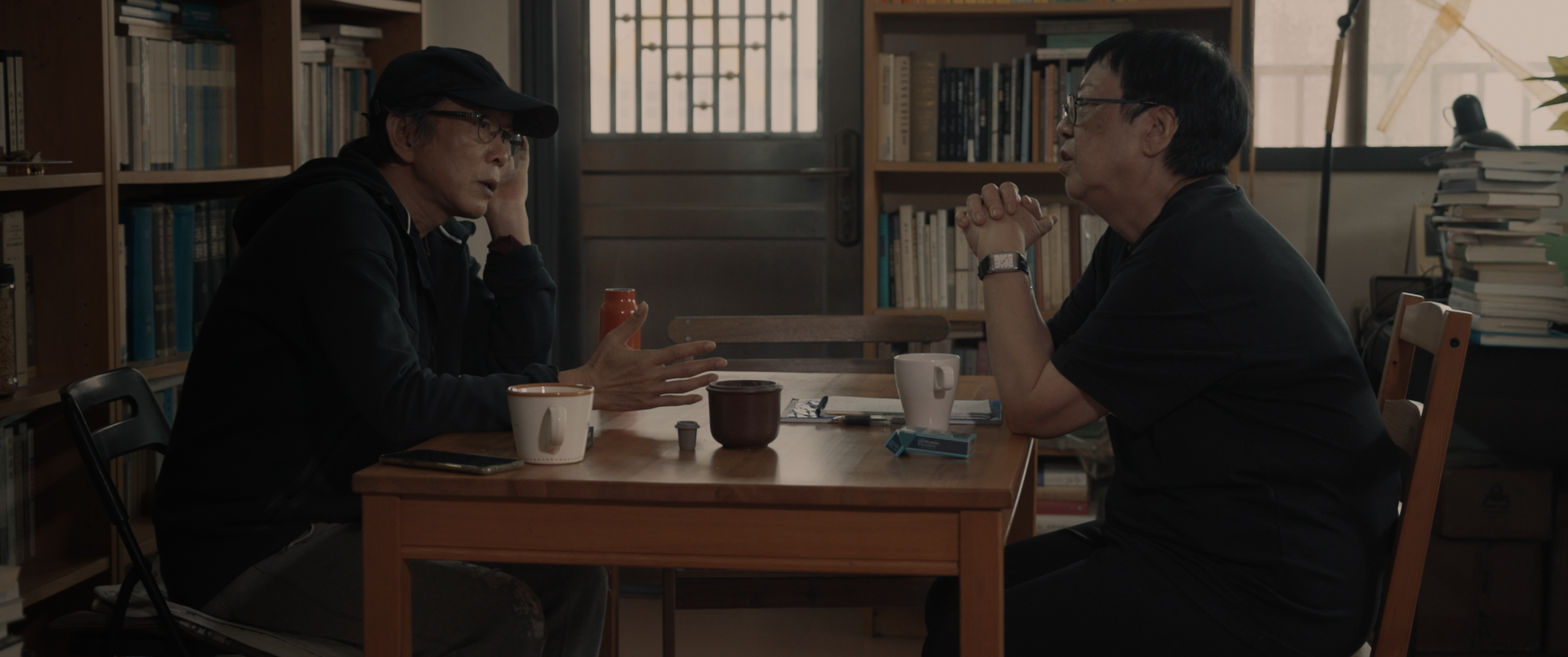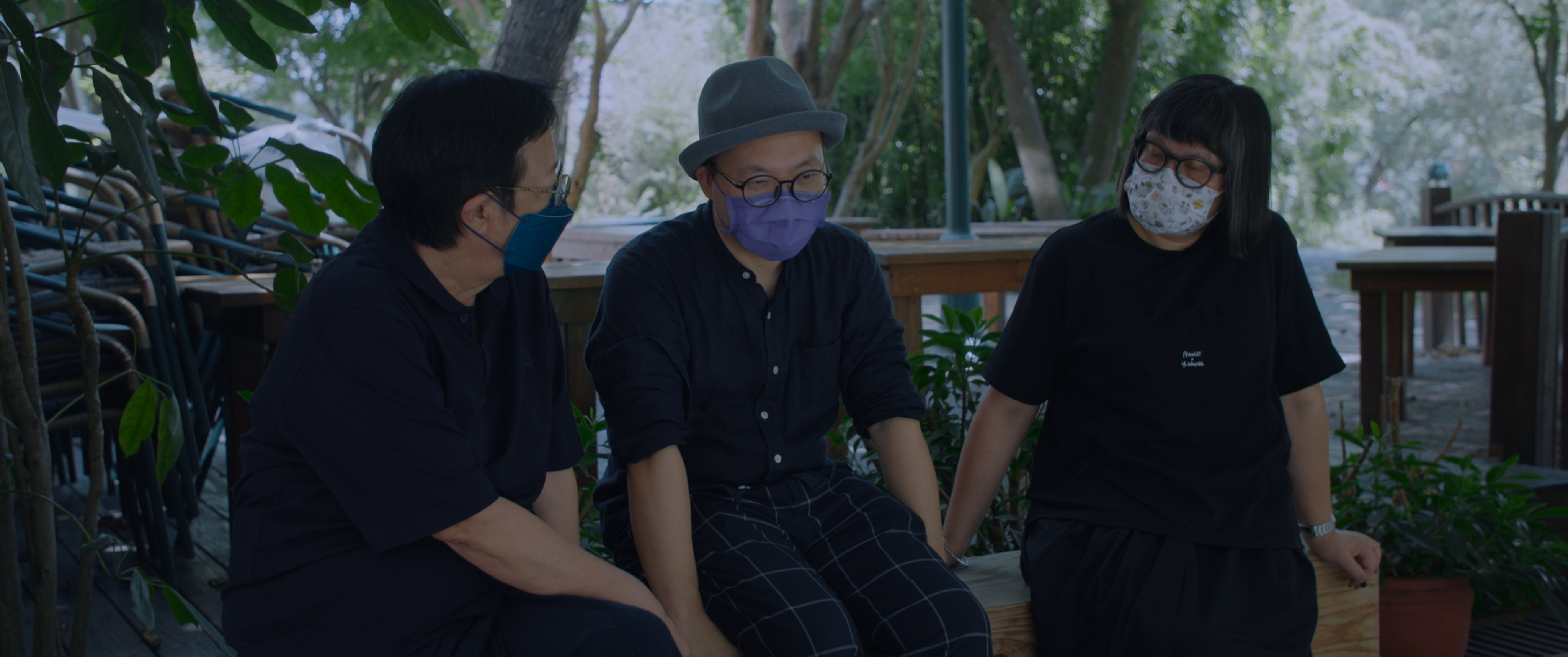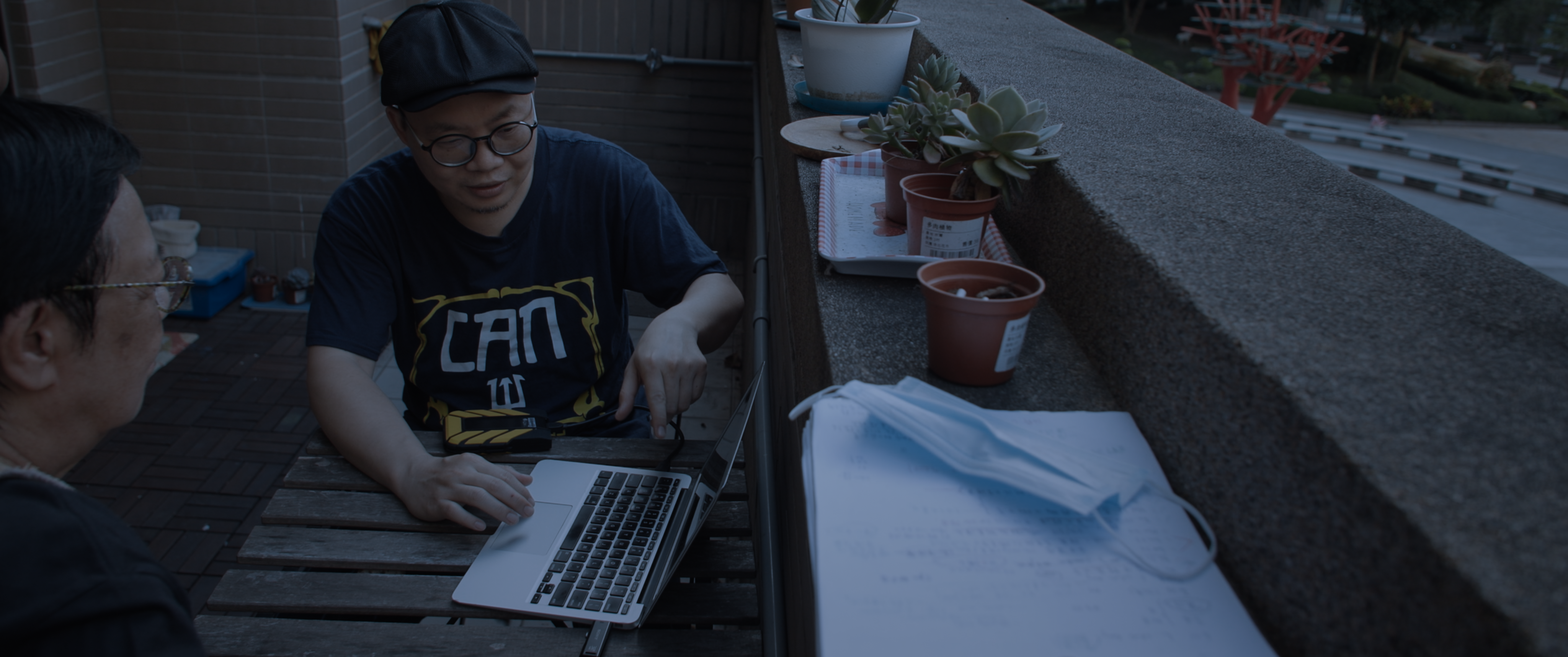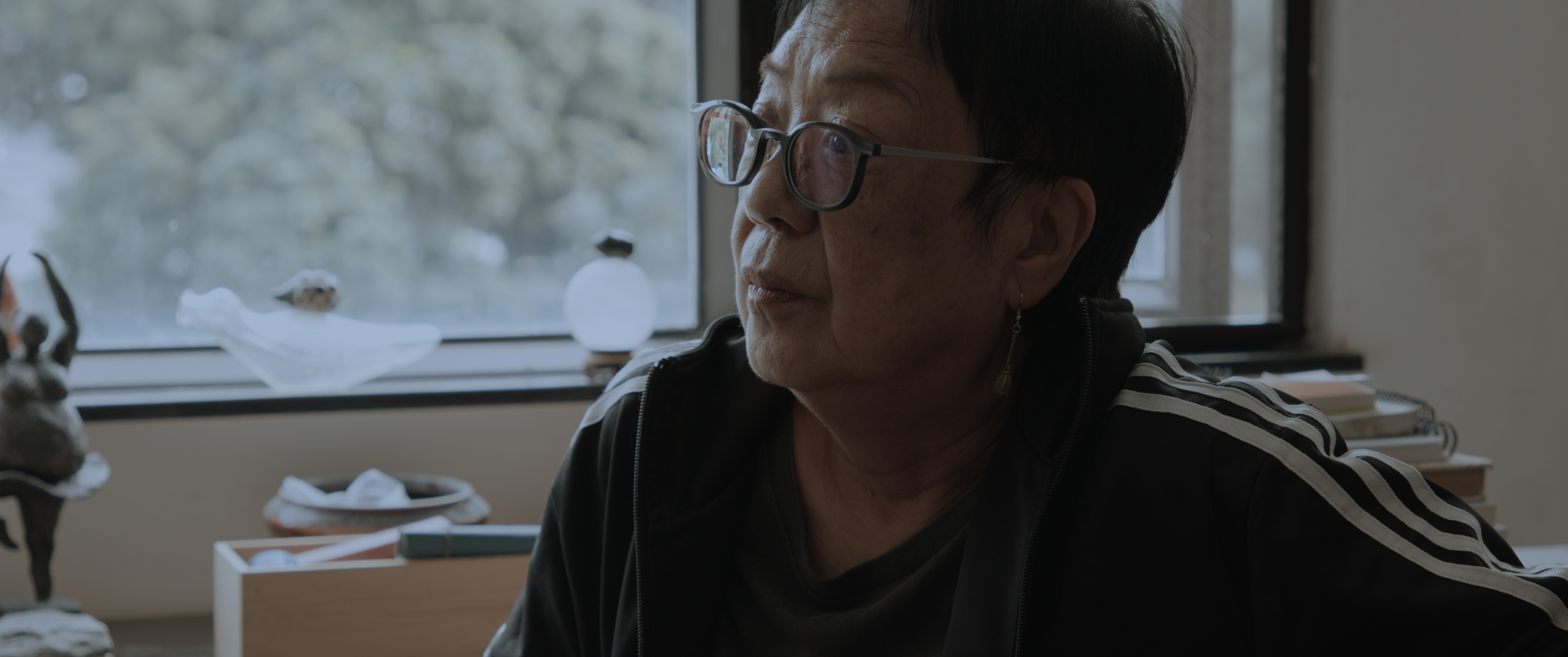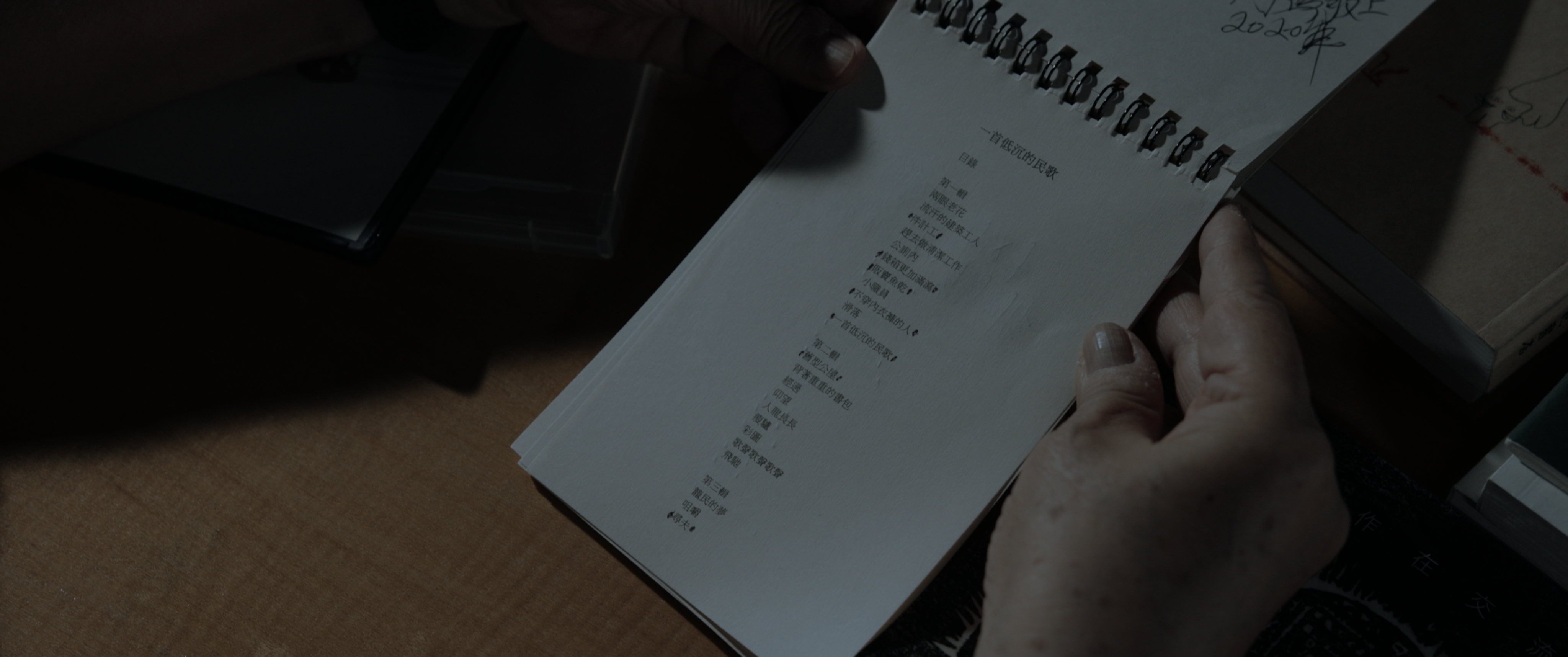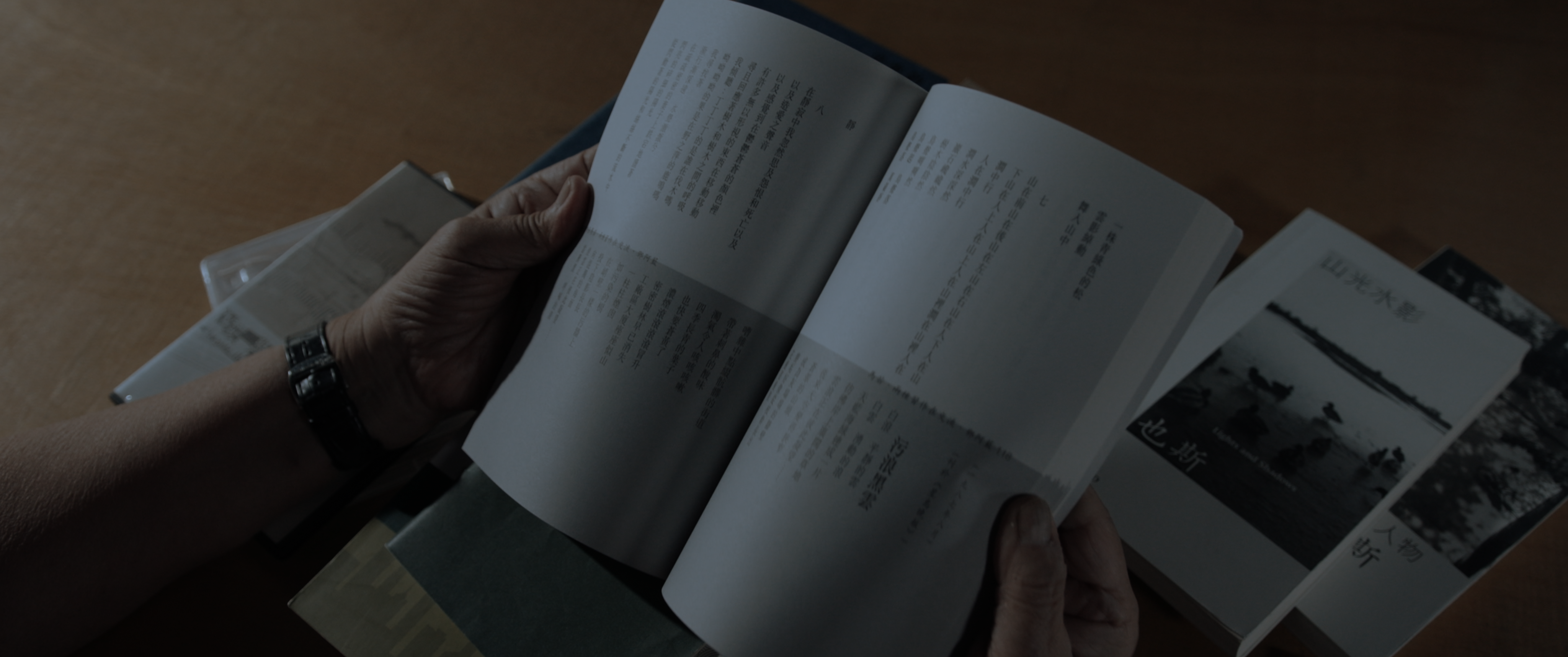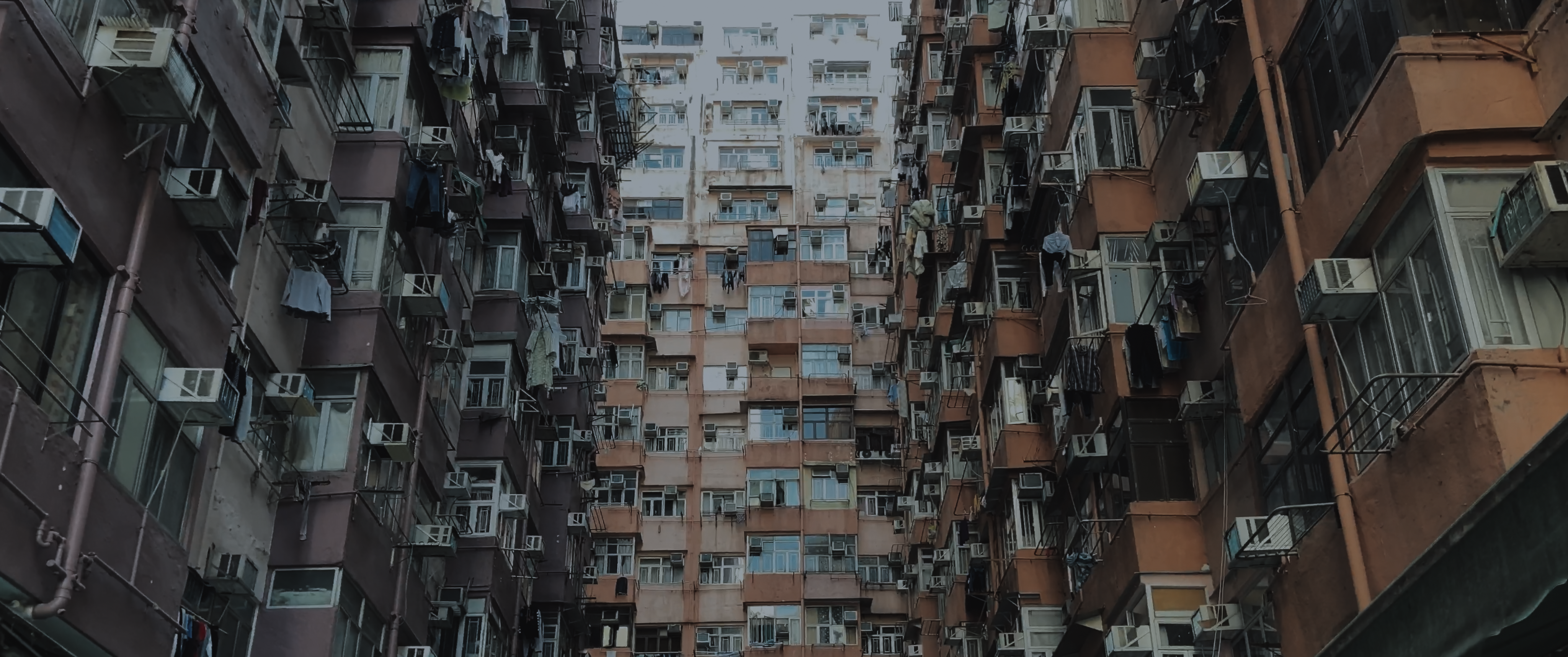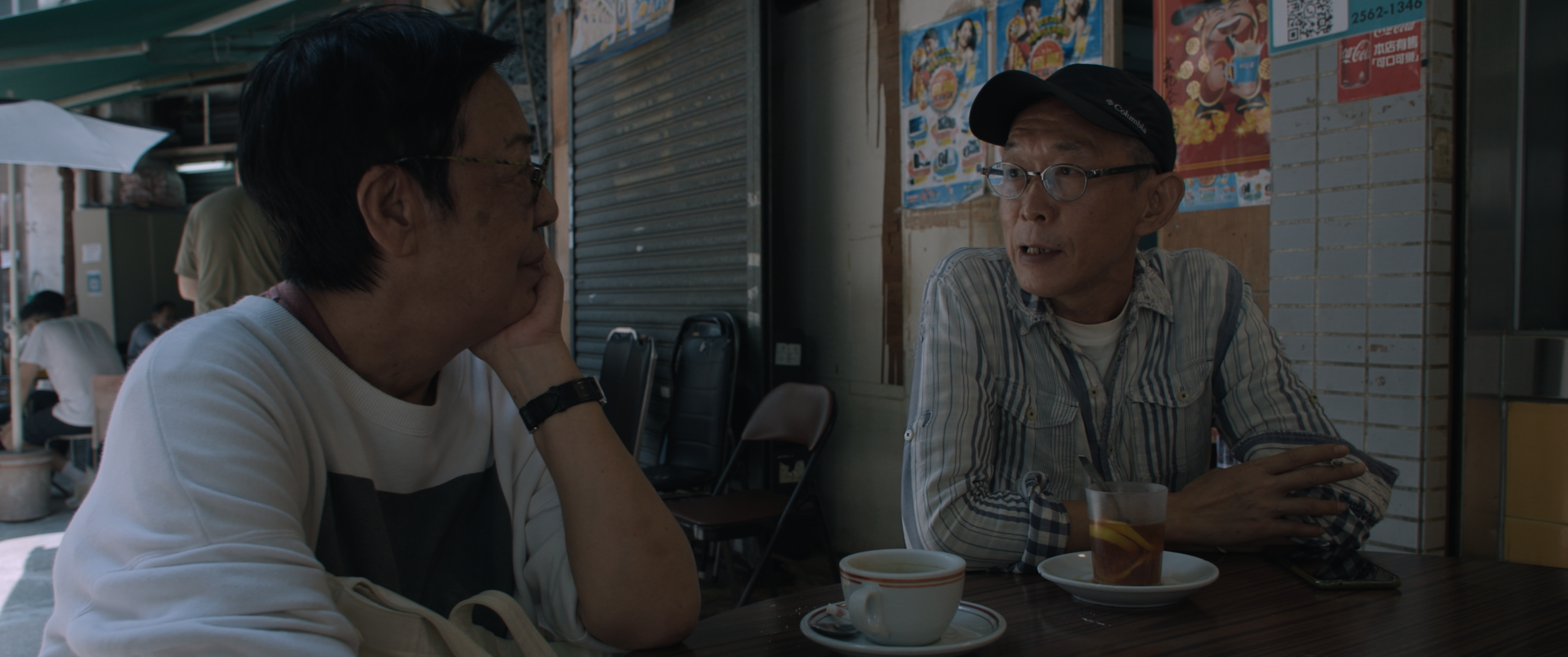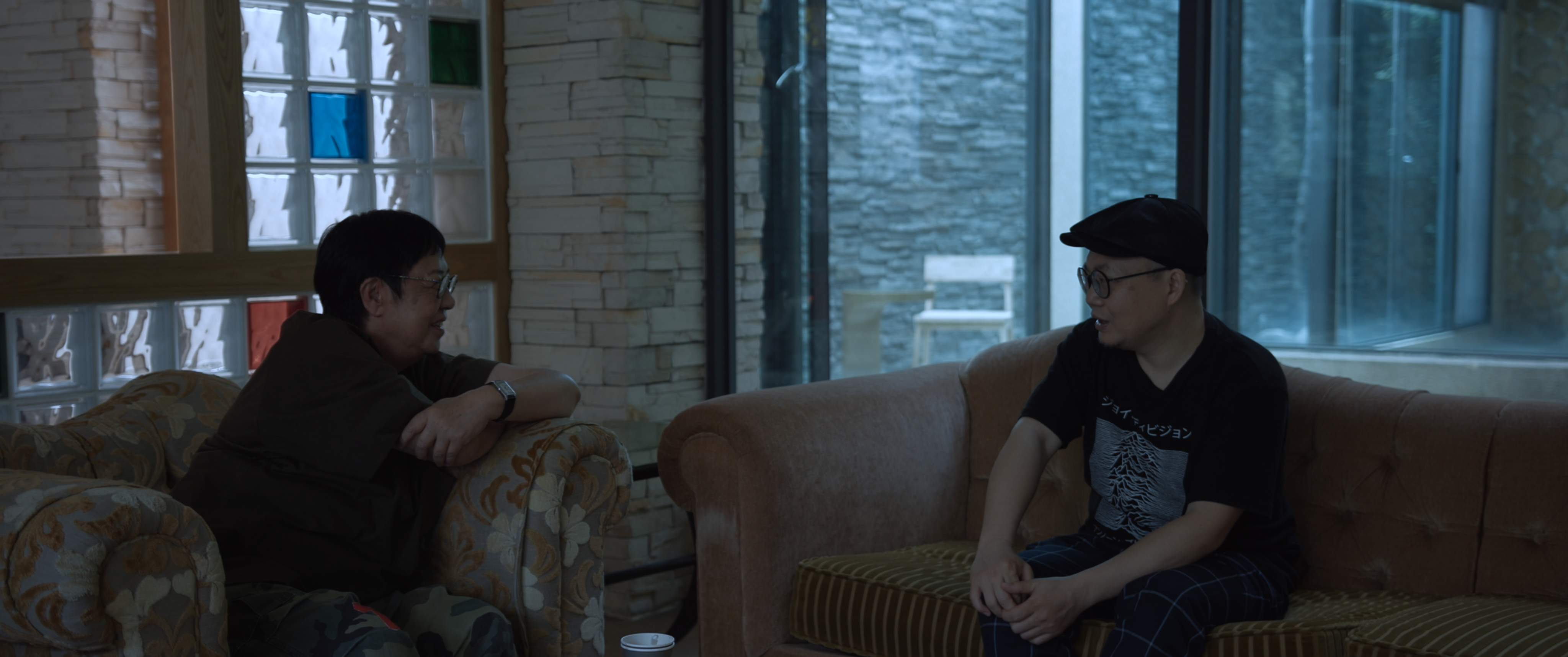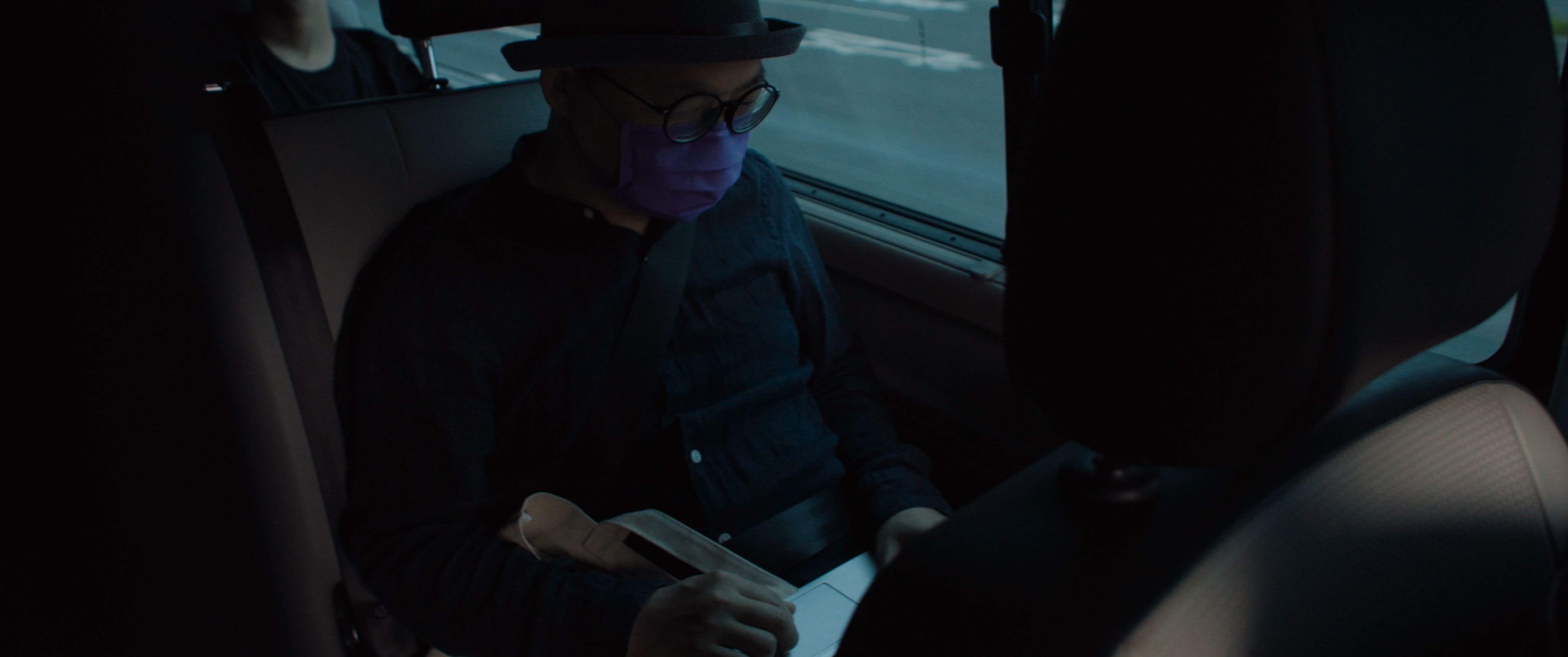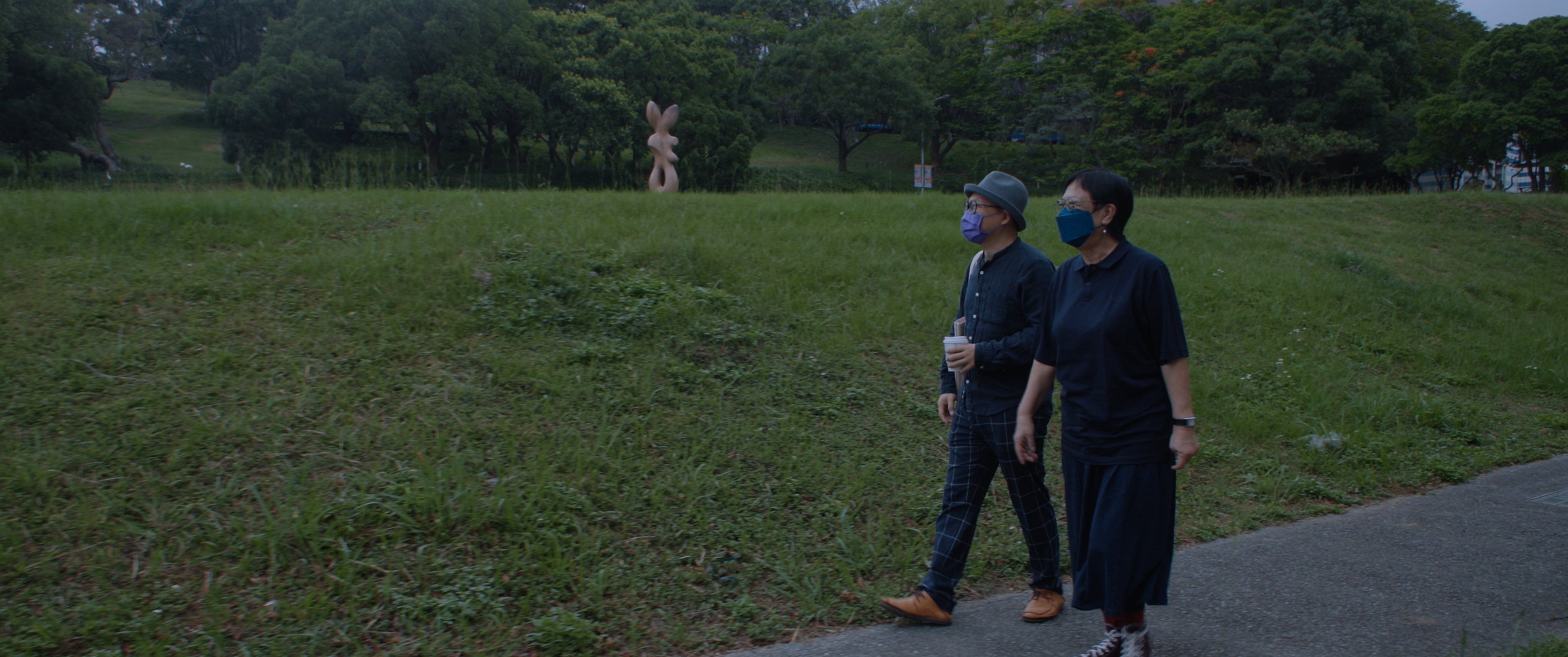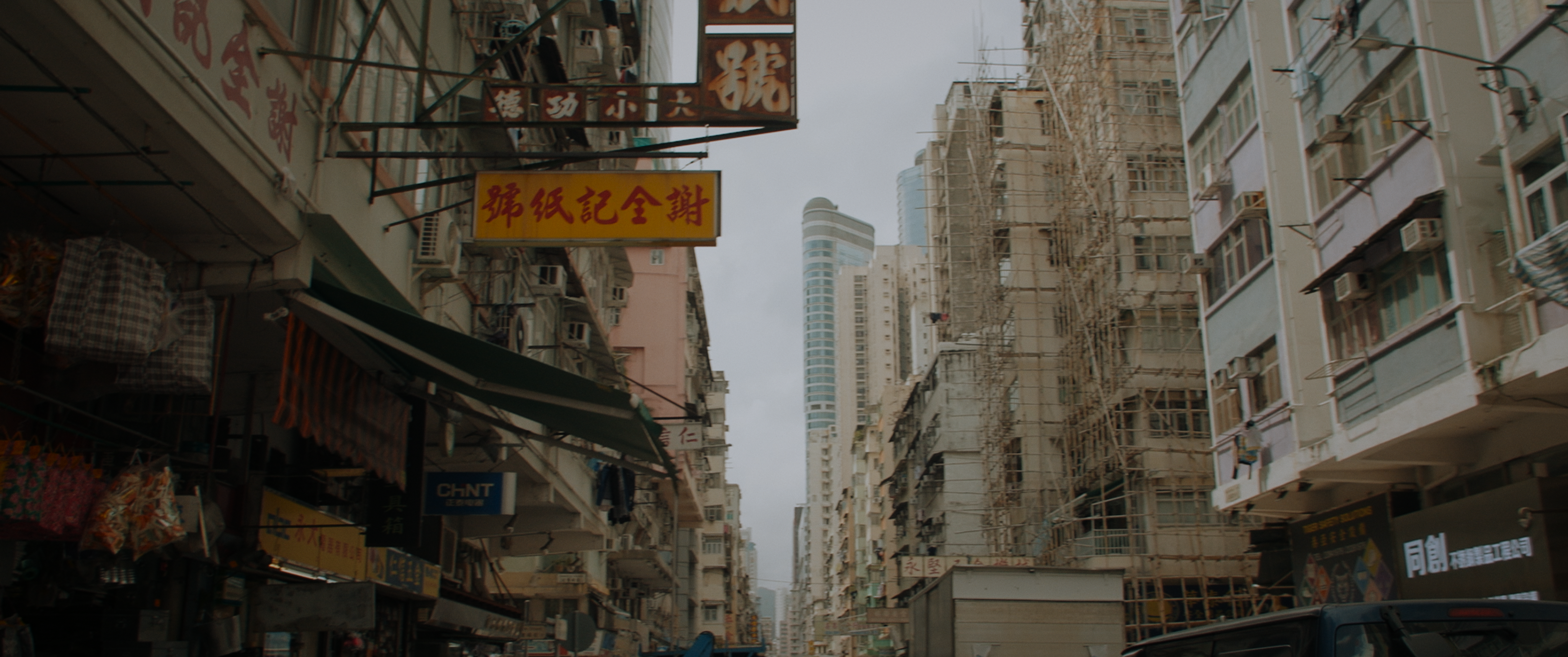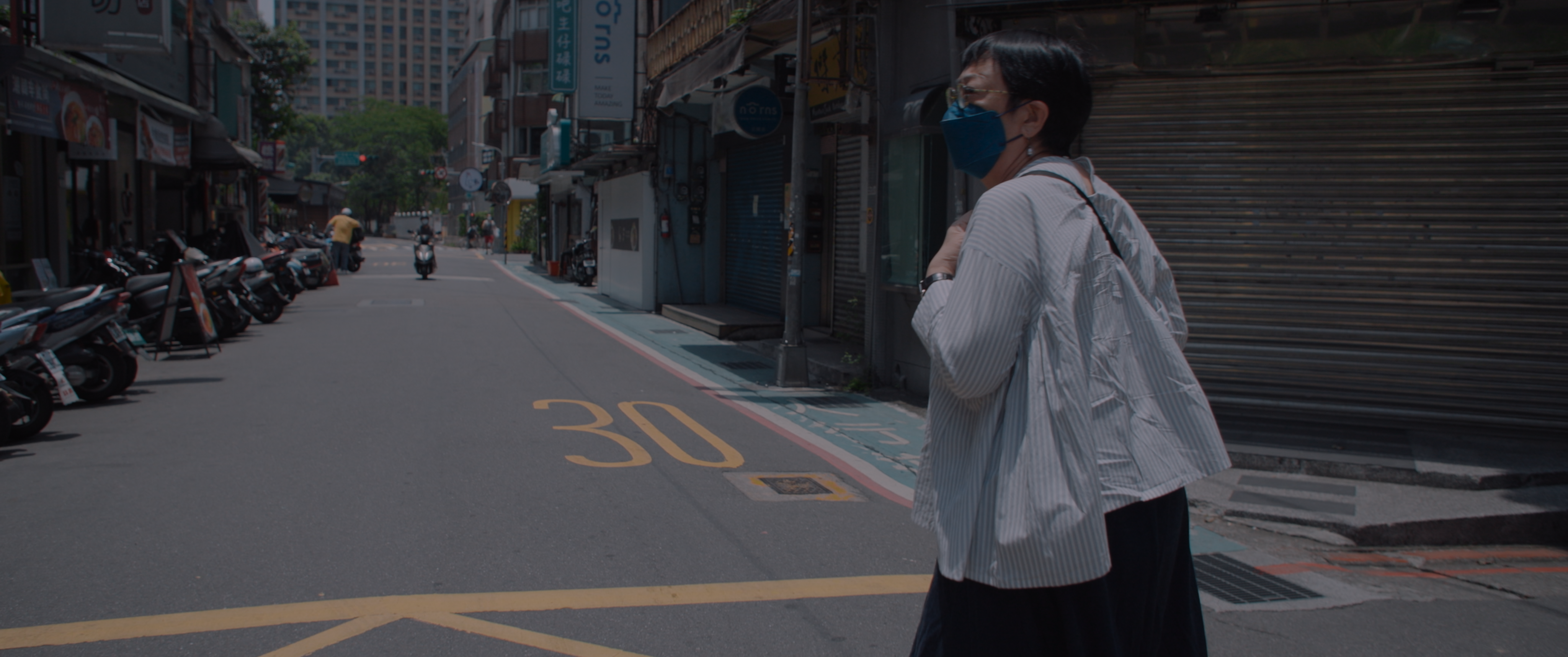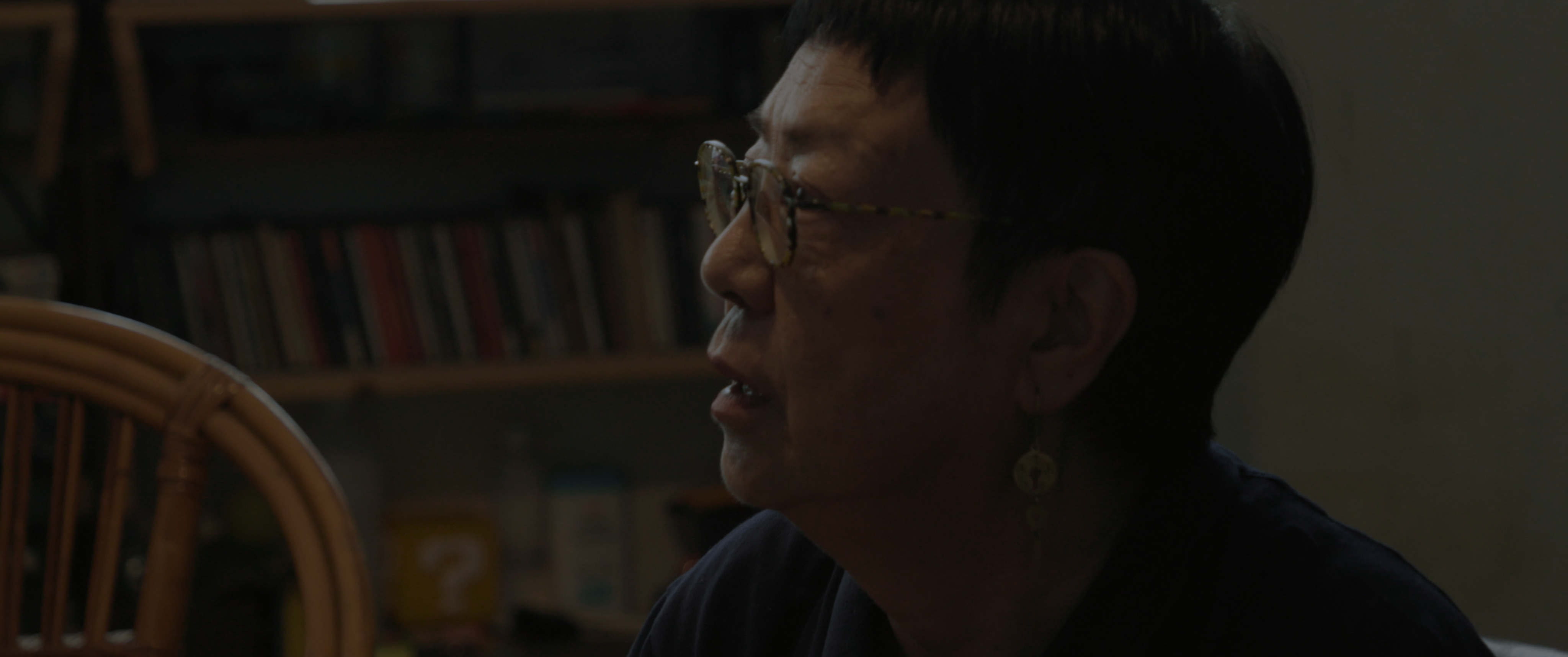Elegies 詩
A Film by Ann Hui 許鞍華
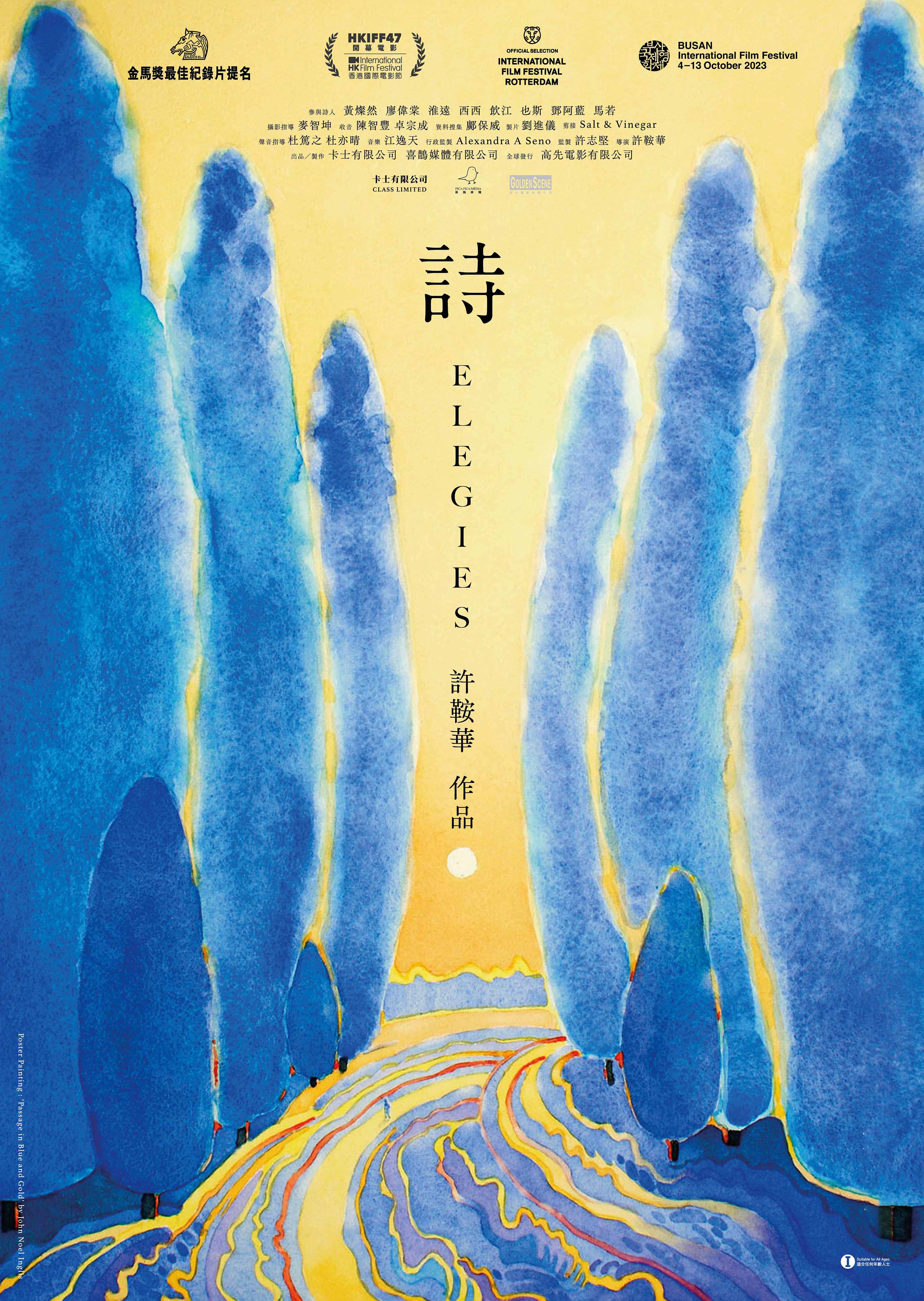
- Date: September.20.2024 (Friday)
- Venue: CPD 3.04, Centennial Campus, Central Podium Level - 3, RRST, HKU
- Screening: 6:30 - 8:55pm (Door opens at 6:15pm)
- Post-Screening Discussion: 8:55 - 9:30pm
Post-screening discussion with the poet/subject of the film Mr. Liu Wai-tong and
Dr. Fiona Law (HKU). Moderated by Mr. Jimmy Lo (HKU)
* Conducted In Cantonese with English Interpretation
Elegies 詩
- Country: Hong Kong
- Genre: Documentary
- Year: 2023
- Format: DCP
- Language: Cantonese, Mandarin
- Runtime: 101 mins
- Executive Producer: Alexandra A. Seno
- Producer: Ken HUI
- Key Interviewees: HUANG Can-ran, LIU Wai-tong
About the Film
From Boat People to Our Time Will Come, from family struggles to anti-Japanese history, Venice Career Golden Lion-winning auteur Ann Hui finally films a topic she holds most dear – poetry. Through her personal encounters with some of Hong Kong’s most notable poets, including Yam Gong, Wai Yuen, Chan Chi Tak, Deng Ah Lam, York Ma, Xi Xi and Leung Ping Kwan. Hui shows the topography of contemporary poetry on and of the city. Two poles of reality, the unrestrained Huang Can-ran and the cosmopolitan Liu Wai-tong, are juxtaposed to reveal two distinctively different personalities, ideals, and ways of life. Seeing the late Xi Xi recite her own poem about the old Kai Tak Airport is a deeply heart-warming moment.
A Note from the Director
Elegies is a very personal encounter with some present-day poets most notably Liu Wai Tong and Huang Can-ran. Liu resides in Taipei now and Wong resides in the countryside in Shenzhen. Both came to Hong Kong in their youth from China. They are in their forties and fifties respectively and are typical of their generation of literati with liberal intents travelling between Hong Kong and China without boundaries.
Liu is violent, dark, and cosmopolitan. Huang is sunny, ozu-like, local and epigrammatic. They seem to be the two poles of reality – black and white, sunny and satanic. I was thinking of following intimately their lives for a time to reveal these two personalities and their way of life, as if it is a story.
About the Director
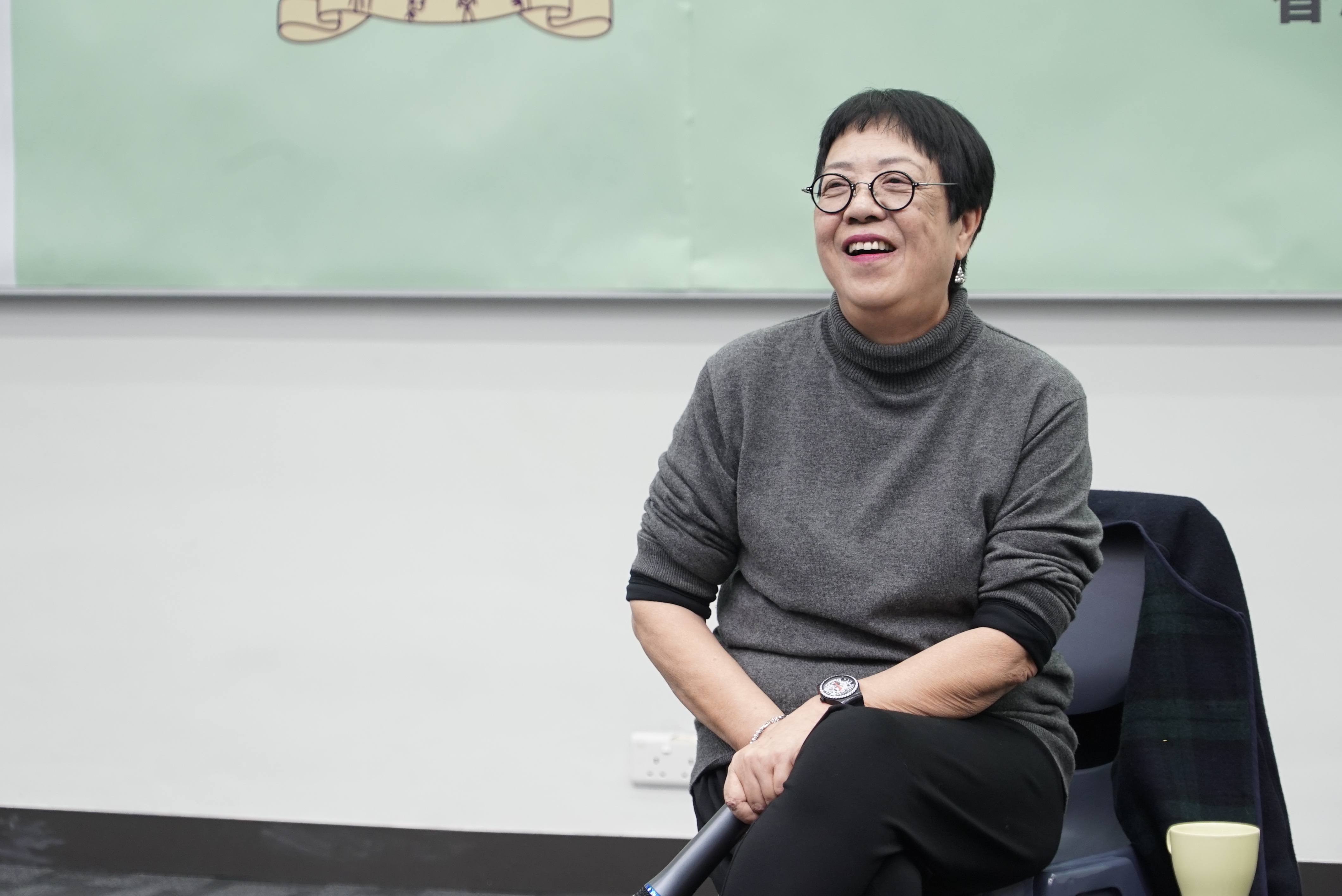
Ann HUI On-wah, BBS MBE, is a film director, producer and screenwriter from Hong Kong who is one of the most critically acclaimed filmmakers of the Hong Kong New Wave. She is known for her films about social issues in Hong Kong which include literary adaptations, martial arts, semi-autobiographical works, women's issues, social phenomena, political changes, and thrillers. She served as the president of the Hong Kong Film Directors' Guild from 2004 to 2006.
Hui has won numerous awards. She won Best Director at the Golden Horse Awards three times (1999, 2011, 2014); Best Film at the Asia Pacific Film Festival; and Best Director at the Hong Kong Film Awards six times (1983, 1996, 2009, 2012, 2015, 2018).
Only two films have won a Grand Slam (Best Picture, Best Director, Best Screenplay, Best Actor, and Best Actress) at the Hong Kong Film Awards; they are Summer Snow and A Simple Life, both directed by Ann Hui. She was honored for her lifetime accomplishments at the 2012 Asian Film Awards. In 2017, the US based Academy of Motion Picture Arts and Sciences invited Hui to become a member. In 2020, Hui was awarded an Honorary Golden Lion for Lifetime Achievement at the 77th Venice International Film Festival.
About the Poet: LIU Wai-tong
LIU Wai-tong is a poet, writer, and photographer. He was born in the Guangdong Province, later moved to Hong Kong, Beijing, and currently lives in Taipei. Liu has received the Hong Kong Biennial Award for Literature, the Taiwan Times Literature Award, and the United Daily News Literature Award. He was awarded the 2012 Hong Kong Arts Development Award for Best Artist in the literature category, and is often invited to international literary events, such as the 2011 Taipei Poetry Festival, the 2013 Poetry International in Rotterdam, and the 2016 Singapore Writers Festival. Since his debut, Liu has published more than 10 poetry collections.
"The Ballad of Queen's Pier" - Liu Wai Tong
That night I watched a fisherman place a white candle
in the water along the pier, leading the way for ghosts.
Whoosh, I was a gust of wind, lingering, unwilling to leave
That night I watched a chess-player filling words on the chessboard,
piecemeal as a genealogy in Kowloon ink, each word as mystical.
Whoosh, I was a gust of wind, lingering, unwilling to leave.
That night I watched a dancer whirl a white dress
into flowing clouds, upon the clouds a golden monkey gnashed his teeth with fierce eyes.
Shu shu, I was a shower, pattering away, unwilling to leave.
That night I watched a widower drum on a pan and sing,
a song as clear and strong as a fearless youth of forty years ago.
Shu shu, I was a shower, pattering away, unwilling to leave.
"With you through bleak wind and wretched rain. With you cloaked by the moon, capped in stars."
Tonight I burn letters at the pier,
demons rise up on the city's thousand needles,
with you I boil rain and burn wind, call for sleet in a melting pot.
Tut tut, I am human, bite my finger, write in the sky.
About the Poet: HUANG Can-ran
HUANG Can-ran, born in Fujian, moved at 15 with his family to Hong Kong and worked in a factory. At 20, he studied English in night school, and graduated in 1988 from Guangzhou’s Jinan University, where he began writing poetry. Since 1990, he has translated international news for the Hong Kong newspaper Ta Kung Pao. His honors include the Poetry Prize of the 10th Media Awards for Chinese Literature. Aside from his work as a poet, essayist, and critic, he is widely known for his prolific literary translations into Chinese, largely poetry and poetry criticism. Notable among these are his renderings of Constantine Cavafy, Cesar Vallejo and Susan Sontag. Preferring a secluded life and rarely appearing in public, Huang Canran currently lives in Shenzhen.
"In the Teahouse" - Huang Canran
A balding middle-aged man
sits in a booth across the way,
and his young son
and young daughter sit facing him.
He’s so feeble, just short of pathetic,
and merely that image might be enough
for his wife to divorce him—
most likely, he’s already divorced,
he’s covered with misfortune’s marks,
he makes no sound,
nor drops any hints,
yet he meticulously helps his kids with their meal;
the children are well-behaved as they eat,
they also make no sound,
nor heed any hints.
From his expression, it’s clear
he’s given his all to his children,
yet he seems not to pay them much mind.
This is a man without hope,
the latter half of his life is already set,
he won’t meet another woman,
and he won’t become another man,
nor will he have enough energy left
to curry favor or to hate.
However, in performing his duty,
there is a hidden significance to him,
not because he feels it himself, but because
another middle-aged man across the way
is observing, contemplating,
and is quietly moved.....

